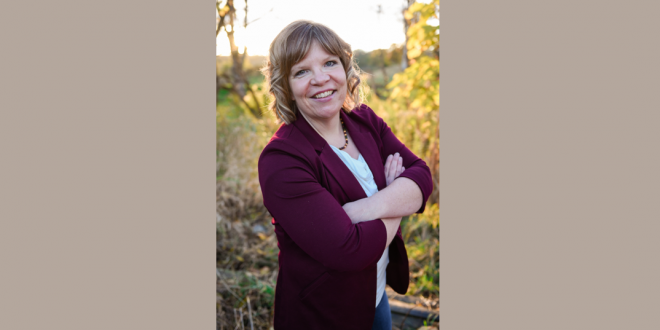15 March 2018, 4 pm, Odette Hall 323
SABINE SANDER is a Visiting Professor in the Department of Sociology at McMaster University in Hamilton, Ontario, working in the Lawrence Krader Research Project. She teaches Cultural Studies at the University of Koblenz-Landau and is an affiliated researcher at the Max Weber Centre for Advanced Cultural and Social Studies at the University of Erfurt in Germany. From 2008 to 2014 she worked on a German-Israeli Research project on linguistic and cultural theories in the German-Jewish context, as well as in a research group on Religious Individualization in Historical Perspectives. Her interests include cultural, social and linguistic theories, Jewish philosophy, anthropology, the history of ideas, sociology of knowledge, and aesthetics. Along with various articles, she is the author of Dialogic Responsibility. Concepts of Mediation and Understanding of Otherness in the German-Jewish Context (2017), for which she was awarded the Max Weber Award. She received her Ph.D. on The Topos of the Unrepresentable about the aesthetic concepts of Theodor W. Adorno and Jean-François Lyotard (2008) and is the editor of Language as Bridge and Border (2015).
“Trust in Dialogue. Concepts of language and the inclusion of the stranger in the German-Jewish context of the 19th and 20th Century”
In which society do we want to live? What view of human dignity and which social and ethical values do we share? The paper, based on the book Dialogical Responsibility (Fink Publisher 2017), examines linguistic, cultural and social theories of German-Jewish scholars over a period of about 100 years – from the Wilhelmine Empire and the Weimar Republic until the Second World War and in the exile. At the heart of the matter is the question, how these scholars – who themselves lived between inclusion and exclusion – envisioned the peaceful coexistence of different nations, confessions and social circles. They did not place their trust in juridical solutions; rather, their concepts testify to a dialogue-optimism that appreciated the encounters between humans and entrusted the acting and speaking individuals to make an effort fort he realization of equality, recognition, mutual understanding, sociability, tact, humor, love, and compassion, and entrusted the responsible coexistence to the acting and speaking actors.
“Dialogvertrauen. Sprachkonzepte und die Inklusion des Fremden im deutsch-jüdischen Kontext des 19. Und 20. Jahrhunderts”
In welcher Gesellschaft wollen wir leben? Welches Menschen- und Weltbild teilen wir? Der Vortrag, der auf dem Buch Dialogische Verantwortung (Fink Verlag 2017) basiert, untersucht Sprach-, Kultur- und Sozialtheorien von jüdisch-deutschen Gelehrten über einen Zeitraum von rund 100 Jahren – vom wilhelminischen Kaiserreich über die Weimarer Republik bis zum Zweiten Weltkrieg und im Exil. Erkundet wird, wie sich diese Gelehrten – die selbst zwischen Inklusion und Exklusion lebten – das Miteinander verschiedener Nationen, Konfessionen und sozialer Kreise vorstellten. Ihr Vertrauen setzten sie nicht in rechtsförmige Lösungen; vielmehr bezeugen ihre Theorien einen Dialogoptimismus, der die Begegnung zwischen Menschen in Miniaturen über Gleichheit, Anerkennung, Fremdverstehen, Geselligkeit, Takt, Humor, Liebe und Mitmenschlichkeit würdigte und das verantwortungsvolle Miteinander den handelnden und sprechenden Akteuren anvertraute.
If you have any accommodation needs, please e-mail german@chass.utoronto.ca five business days prior to the event, and we will do our best to assist you.
 Department of Germanic Languages & Literatures University of Toronto
Department of Germanic Languages & Literatures University of Toronto
